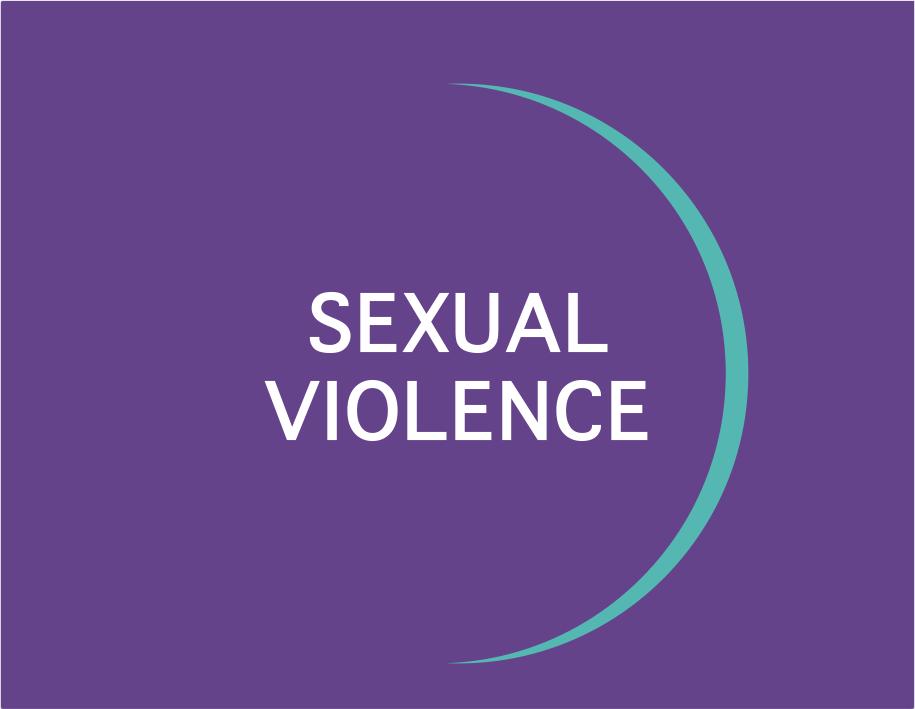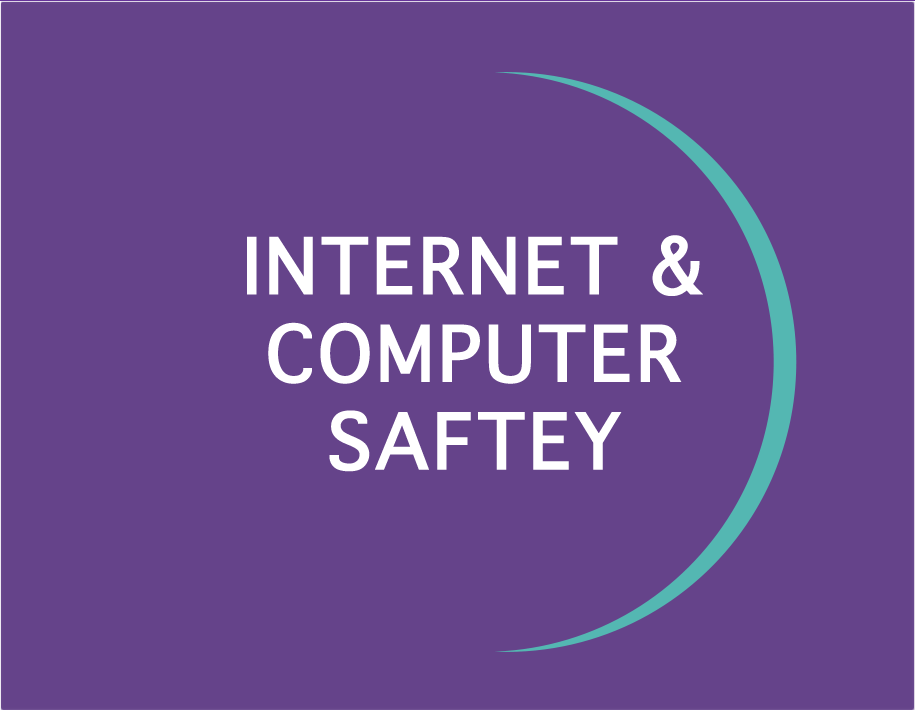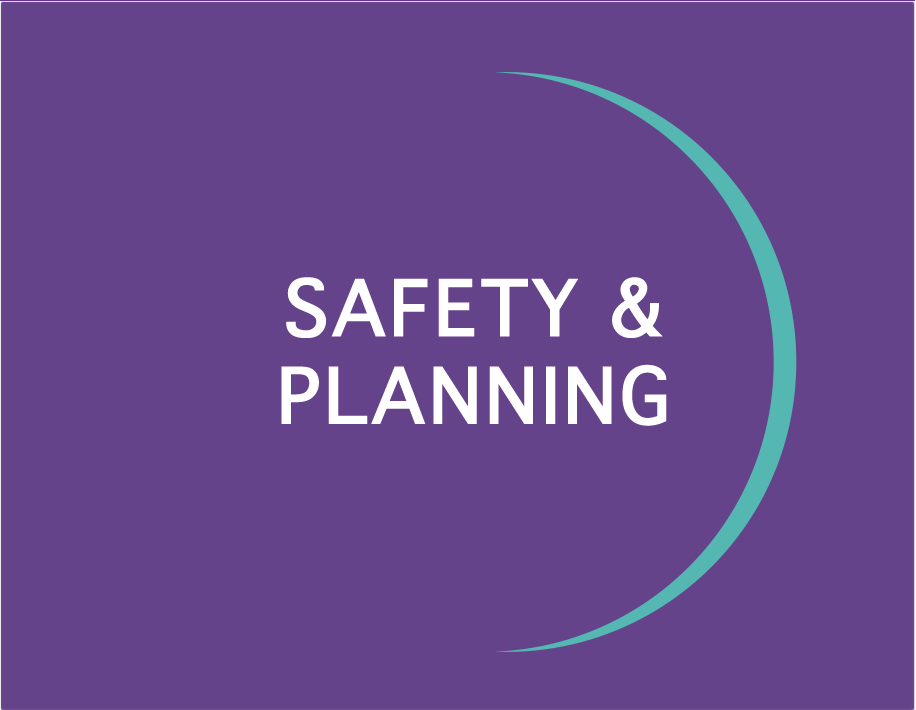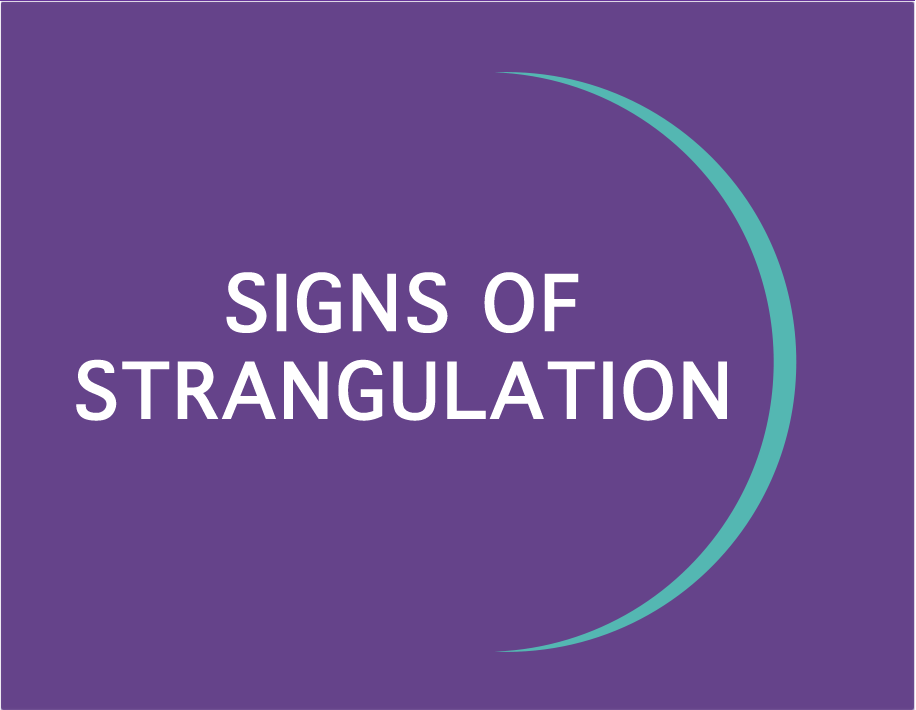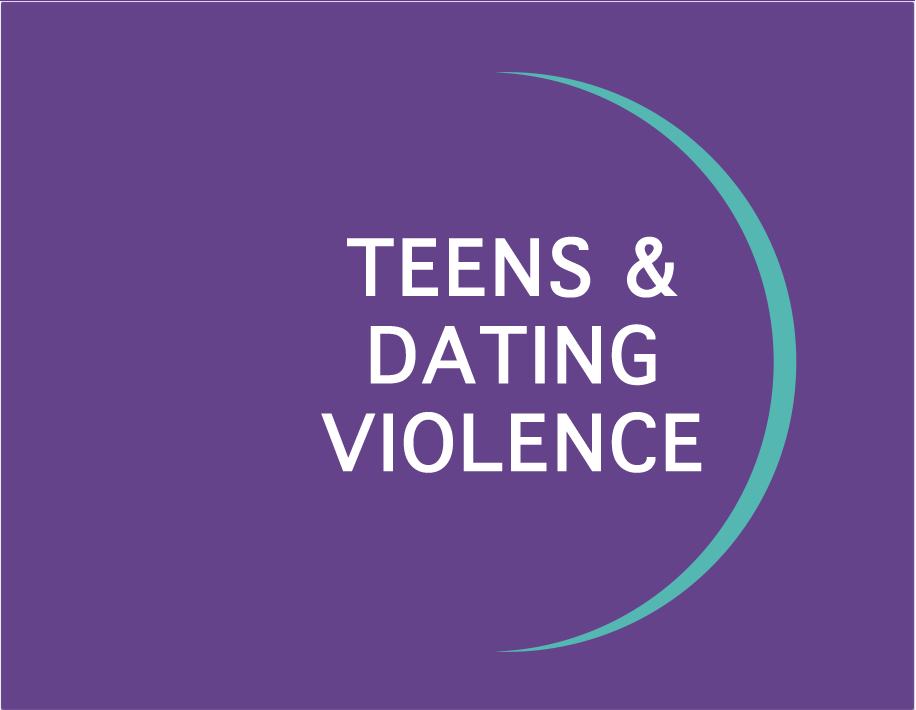What is sexual violence?
Sexual contact committed by force or without a person’s consent caused solely by a perpetrator’s decision to commit the offense. It can include being touched, forced to touch someone else, or to watch them touch themselves. It is a crime that can affect the whole family, including the victim’s spouse, partner, parents, and other close relatives or friends.
Who commits sexual violence?
Both strangers and people known and trusted by the victim can commit this type of abuse. Over 80% of sexual violence is committed by acquaintances, a current or former spouse, co-parent, dating partner, parent, sibling, or present or former household member, and the majority is planned. It is not about uncontrollable sexual urges or the desire for sexual gratification. It is a method of expressing anger and aggression motivated by the perpetrator’s need to overpower, control, degrade, and humiliate another.
Who experiences sexual violence?
If you are in immediate danger, contact 911.
What drugs are used to commit Drug-Facilitated Sexual Assault (DFSA)?
Alcohol is the #1 drug used to commit DFSA. Other drugs including Rohypnol and GHB, are colorless, odorless, and tasteless pills or liquids that can be discreetly dropped in drinks at parties, clubs, and social events that leave the person who ingests them weakened, helpless, and potentially unconscious. After the drug takes effect, the victim may be so incapacitated that they cannot escape, call for help, or resist sexual assault or rape. The drugs often cause amnesia, leaving the victim unable to recall what happened or who was involved. The use of DFSA substances in the commission of the sexual assault is a first-degree crime which constitutes Aggravated Sexual Assault. The use of these substances can lead to death.
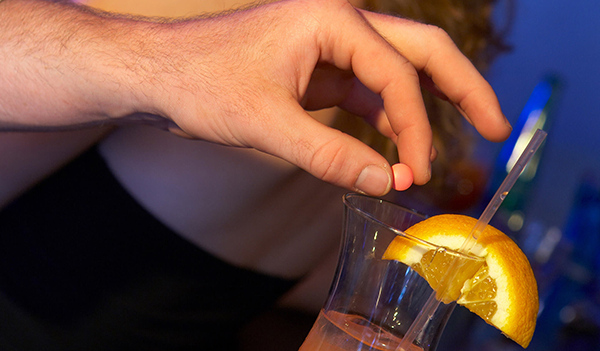
- Be Aware, even when you’re at events with people you know.
- Never leave drinks unattended.
- Never accept drinks in open containers.
- Do not take drinks from a punch bowl.
- Watch the person preparing your drinks.
- Don’t accept drinks from strangers.
Get help immediately if you:
- Are more intoxicated than your usual response to the amount of alcohol consumed.
- Feel extremely nauseous or dizzy.
- Lose your peripheral vision.
- Feel heaviness in arms and legs.
What should I do if I think I have ingested a Drug-Facilitated Sexual Assault drug?
- Get medical attention immediately – your time to act is limited.
- Do not go to a restroom or isolate yourself – tell more than one person how you feel.
- Call our 24-Hour Sexual Violence Hotline at 1 (888) 264-7273.
What should I do if I think someone else has been drugged?
- Get them medical attention immediately.
- Do not leave them alone for any reason.
- Keep their beverage for drug testing.
- Have them call our 24-Hour Sexual Violence Hotline at 1 (888) 264 7273.
For more information or to schedule a presentation on drug-facilitated sexual assault, please reach out to Sue Levine, Victim Support Program Coordinator at susanl@180nj.org or 732-264-4360, Ext. 4271.
For Sexual Violence Protective Orders Click Here to Learn More
What should I do if I experience sexual violence?
- If you are in immediate danger, call 911.
- Find a safe place and consider notifying the police.
- To preserve evidence, do not shower, bathe, douche, eat, drink, smoke, urinate, or change your clothing, if possible. If you must change, place each piece of clothing in a separate bag. If you think you may have been drugged, try to collect a urine sample.
- Call our 24-hour Confidential Hotline for support, information, accompaniment through medical and police proceedings, and counseling services. A Confidential Sexual Violence Advocate* can accompany you for support during the forensic exam at the five area hospitals, formal police statement at all police departments in Monmouth County, and at the time of Grand Jury, if needed.
- Seek immediate medical attention for possible injuries, sexually transmitted infections, and pregnancy.
- Forensic Nurse Examiner (FNE): The FNE provides medical care and collects forensic evidence that may be used in the prosecution of the crime. Treatment for sexually transmitted infections and early unwanted pregnancy may be obtained through the hospital Emergency Department. There is no fee for this service.
- Law Enforcement: A police officer to obtain information regarding the assault and initiate the investigation. A forensic exam and medical treatment can also be obtained without the involvement of law enforcement.
What are the common reactions to sexual violence?
- Physical: Soreness, pain, changes in eating and sleeping, and general fatigue.
- Emotional: Shock, disbelief, fear, shame, self-blame, guilt, isolation, grief, depression, anger, and embarrassment. Emotional scars may take longer to heal than physical injuries.
- Cognitive Symptoms: Difficulty concentrating and intrusive thoughts and/or images of the assault.
What should I do if sexual violence happens to someone I know?
- Call our 24/7 confidential hotline for immediate counseling, support, and information at 1 (888) 264-7273. The experience Hotline staff can also provide referrals to additional resources and counseling programs.
- Allow the survivor the opportunity to make their own decisions. Victims may experience feelings of vulnerability and loss of control over their body and very existence. Offering them information and options may help.
- Assure the survivor that you believe them. Remind them that the assault was not their fault and avoid showing strong emotion of any kind. Do not blame, suggest blame, judge, or criticize.
- Be supportive. Recognize that the course of action the survivor used to get through the ordeal was effective.
- Allow the survivor space and time to talk or not to talk. Survivors commonly choose to protect those close to them by not sharing details.
How can 180 help?

Monmouth County’s Strangulation/Smothering Evaluation Team (SSET)
Strangulation is one of the most lethal forms of domestic and sexual violence: unconsciousness may occur within seconds and death within minutes. Survivors may also suffer life-threatening medical emergencies hours, days, or weeks later.If someone has been choked or strangled, call the police or go to the nearest hospital Emergency Room for assistance.
The Monmouth County SSET includes Forensic Nurses, Domestic Violence and Sexual Violence Response Advocates, and specially trained Law Enforcement Officers and offers 24/7 assistance to victims, including information, safety planning, and medical evaluations, as needed.
For more information, call (732) 264-4111. For Information on Sexual Violence Protective Orders, Click Here
Our free & confidential Sexual Assault Hotline is available 24 hours a day, 7 days a week at 1 (888) 264-7273.
Our sexual violence hotline is the 24 hour supportive connection for individuals in crisis. Providing immediate counseling, and critical information for callers, the hotline is also a referral agent to additional resources and counseling programs.
Our toll-free Sexual Assault Hotline: (888) 264-7273 is available 24 Hours, 7 Days a Week and is completely confidential.

Additional resources for survivors of sexual violence:
NJCASA
The New Jersey Coalition Against Sexual Assault (NJCASA) mission is to promote compassionate and just treatment of victims and loved ones, foster collaborative relationships between community systems, and affect attitudinal and behavioral changes in society as they work toward the elimination of sexual violence.
Hotline: 1-800-601-7200
NJ Coalition Against Sexual Assault
2333 Whitehorse Mercerville Rd., Suite B
Trenton, New Jersey 08619
Tel: 609-631-4450
Fax: 609-631-4453
Website: www.njcasa.org
RAINN
The Rape, Abuse, & Incest National Network (RAINN) created and operates the National Sexual Assault Hotline. RAINN also educates the public about sexual assault: and leads national efforts to improve services to victims and ensure that rapists are brought to justice.
The National Sexual Assault Hotline 1-800-656-HOPE .
Website: www.rainn.org



